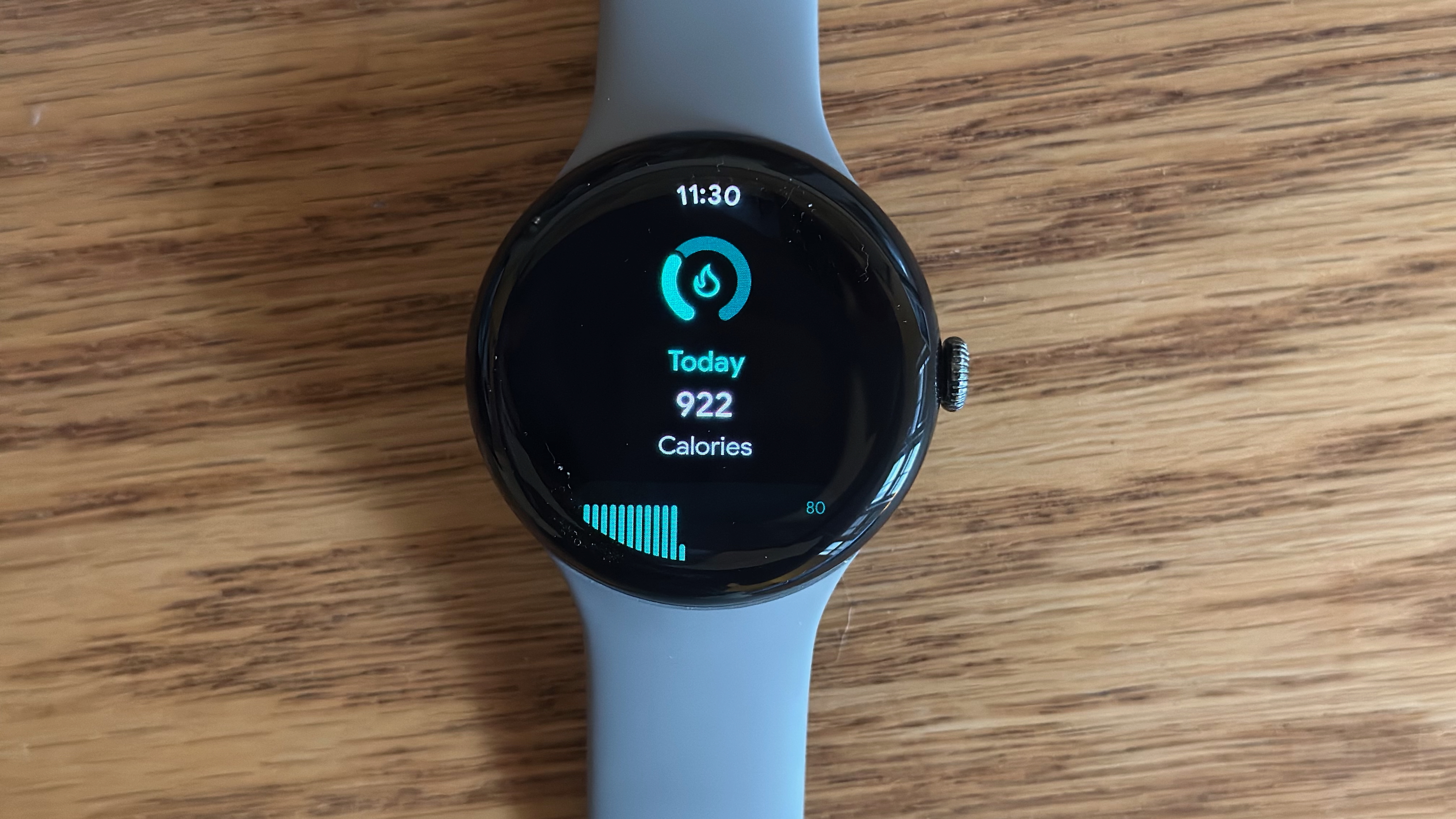I wish Google made more Nest displays like Amazon's Echo Show devices
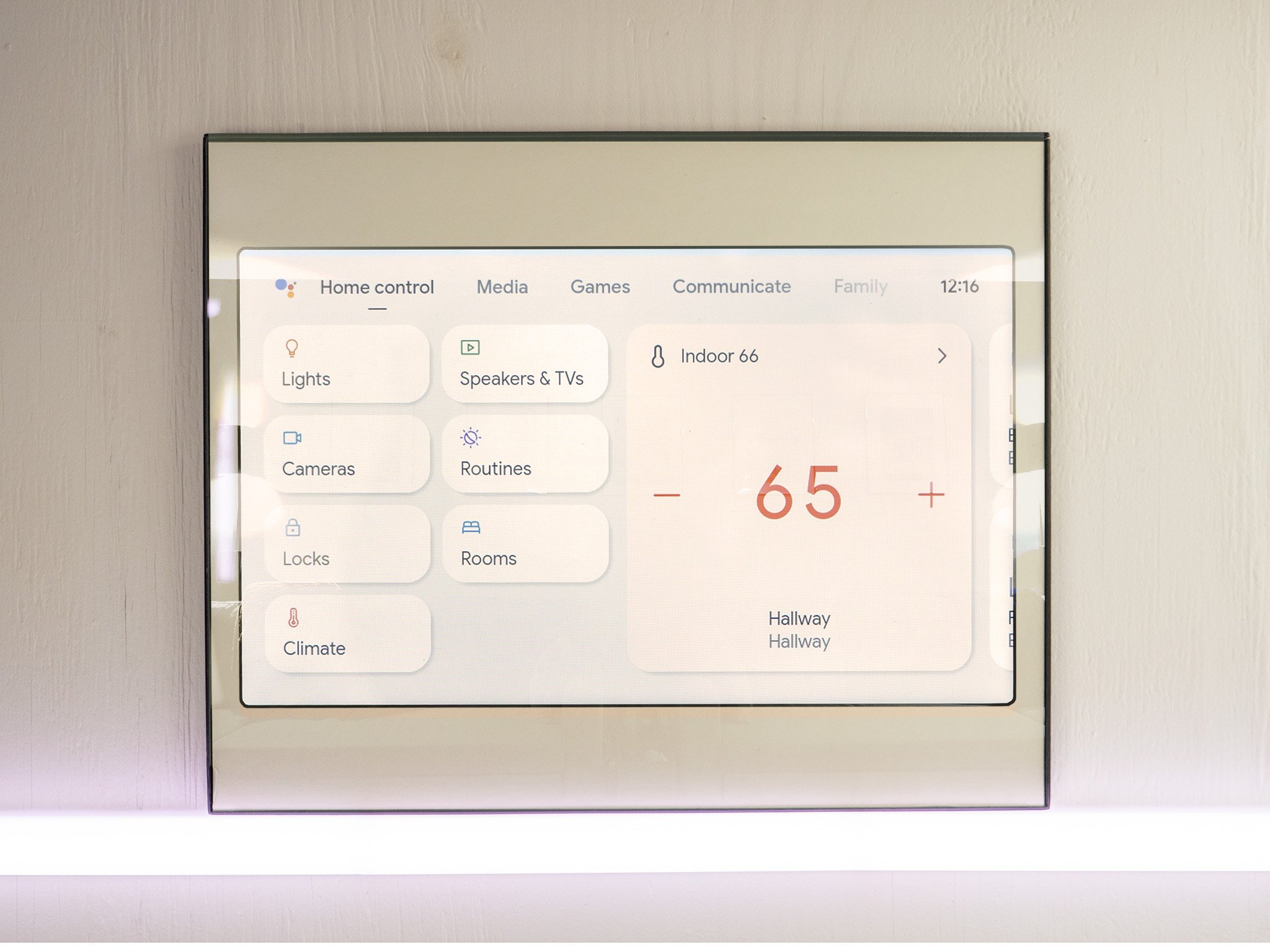
I own a couple of Google's Nest products. I have the original Google Home in my bathroom, and I sprinkle some Nest Minis around my apartment. However, my favorite is the first-generation Nest Hub display that I leave on my bedside table. It's the perfect size as a digital clock, but versatile enough to do most of my smart home things.
However, even with the bigger Nest Hub Max and the newer Nest Hub (2nd Gen), I can't help but feel like Google's smart display lineup is quite lacking, and I wish it would launch a broader range of first-party devices.
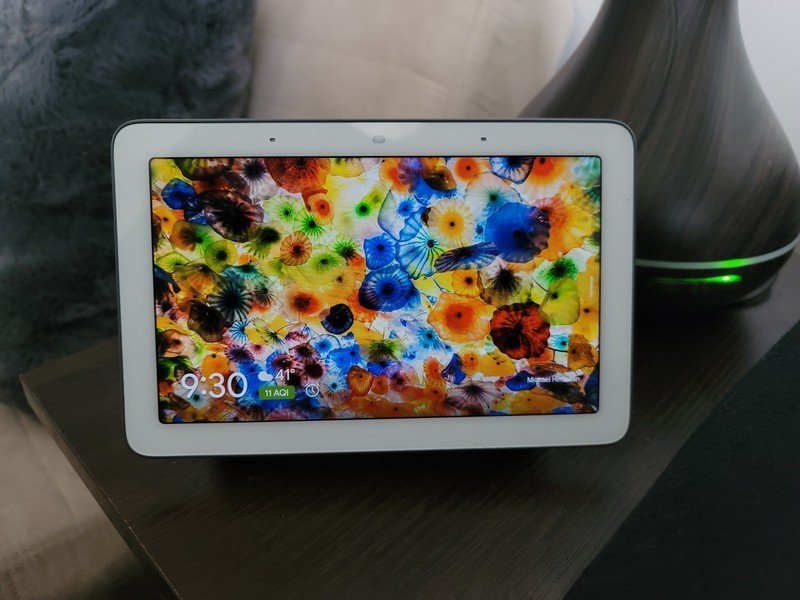
The main reason I feel this way is Amazon. Every time Amazon launches a new version of its Echo Show devices, I can't help but be a little jealous. The Echo Show 10 (3rd Gen) looks so cool with its swivel display that follows the user around, and the new Echo Show 15 looks like something I would love to hang up on my wall.
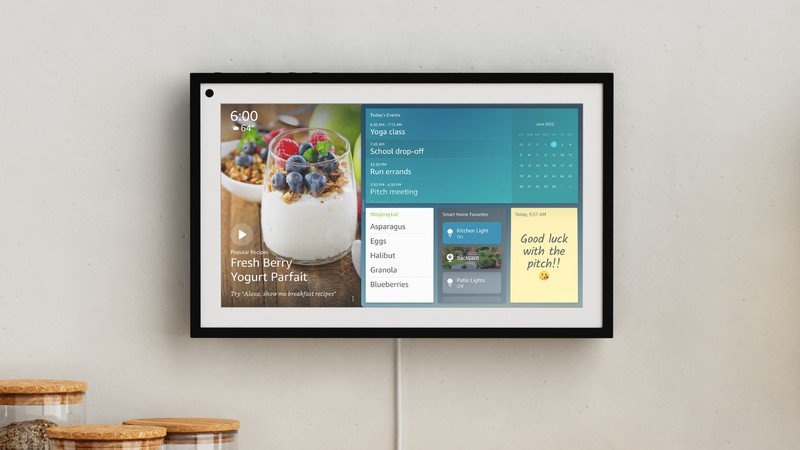
At the risk of sounding like an iPhone user when asked to switch to Android, my main problem is that I have no interest in Amazon's smart home ecosystem, mainly because I'm already committed to Google Assistant. It's well integrated with my smartphone, smartwatch, and while I think Amazon has done a great job with Alexa, it just doesn't vibe with me. I actually own a pretty good Alexa-powered speaker, but I hardly ever use it because I'm so used to barking commands at my various Nest speakers. Still, Amazon makes some excellent displays.
Avi Greengart, founder and lead analyst at Techsponential, notes how both companies differ in how they approach smart displays and says Google is likely focused on the cheaper and more accessible Nest Mini.
"Both Google and Amazon have used their touchscreen smart speakers for AI assistance, IoT control, and music, but Amazon has been more aggressive with the Echo Show," Greengart says. "Amazon has pushed further into video calling, entertainment, and home security while exploring new form factors (swiveling, wall mounting) and use cases (elder care with Alexa Together and family information hub on the Echo Show 15)."
As a result, Amazon makes devices that seem tailor-made for the home, with devices that literally follow you around and can keep track of the whole family. It's even extending its smart home features to its Fire TV devices with the recently announced Smart Dashboard and Alexa Shortcuts. This way, you don't even need to buy a dedicated smart display to access many of these features.
Be an expert in 5 minutes
Get the latest news from Android Central, your trusted companion in the world of Android
Google has seemingly lagged behind Amazon when it comes to first-party smart home devices.
Google products also do video calls, entertainment, and home security. However, it seems like the company is more focused on improving Assistant's capabilities, as noted by Maurice Klaehne, senior research analysts of devices and emerging technologies at Counterpoint Research.
While Google is interested in pushing out its own smart home products, it still benefits from others that are using the Google Assistant as the AI to control the smart home, although the market is still relatively small. It entered the market late and some of the value proposition remains to be seen as a lot of smart display features can be done with a tablet or even smartphone.Google's strategy is more focused on AI as it benefits the most from improving AI capabilities which will enhance any device that can control smart home features.
Google is more focused on the quality of its AI over the quantity of devices it puts out. And let's face it, Google isn't much of a hardware company, although recent devices like the excellent Nest Audio speaker and even the Pixel 6 prove that that's slowly changing.
I would just like to see Google be more assertive and creative with its first-party displays because, really, no one else will. We've seen efforts from Lenovo with decent results, but they stick primarily to the same form factor (although, the addition of a wireless charger is a nice touch). Even Facebook Meta is leaning more into the smart display space with its latest portal devices, and it's really feeling like Google is starting to stagnate a bit.
When Amazon announced the new Astro robot, I remember my first thought was, "I wish Google made this!" I said the same thing when Amazon launched the third-gen Echo Show 10, the Echo Show 15, and even the Ring Always Home Cam. Amazon keeps its hardware fresh with new designs and processing capabilities while also continuing to improve Alexa.
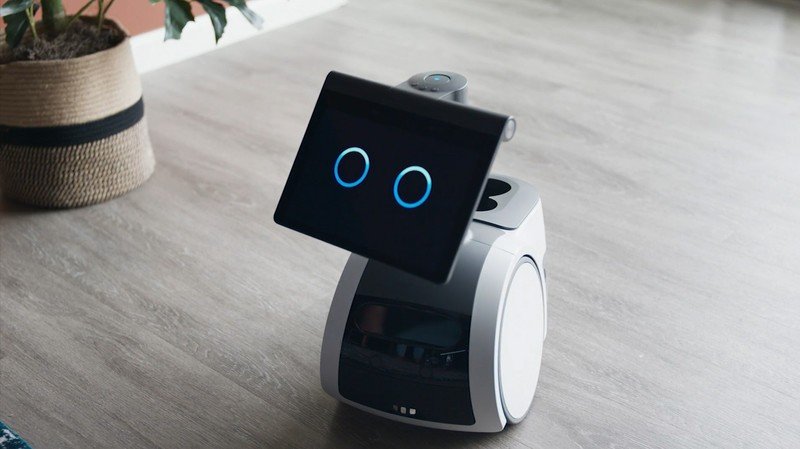
Of course, having a smart display in every room sounds a bit like overkill when you could just have a Nest Mini do much of the same thing with your voice, nor do I think companies should update their lineups every year as if they were smartphones. But at least Amazon gives us options, so you can pick and choose what's right for you and your kids. With Google's Nest displays, you really only get two sizes, and only one of them is equipped with a camera. Not only that, but Google's hardware is starting to feel a little dated.
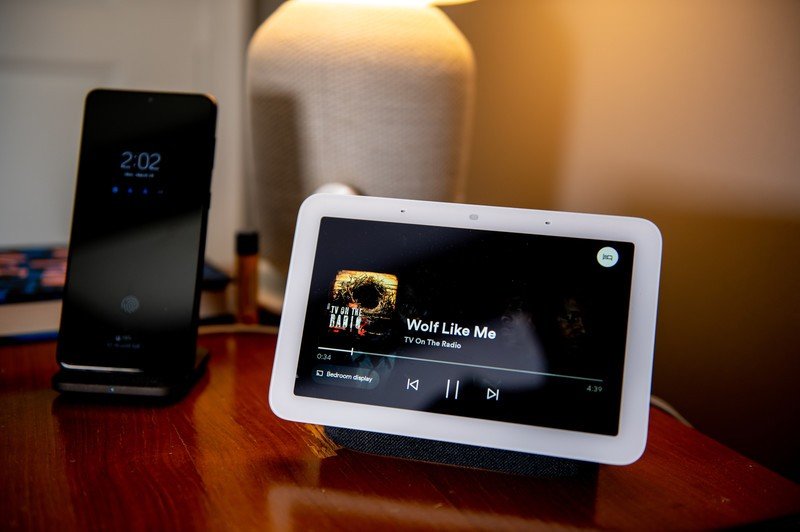
I really hope that Google now only expands its lineup but ups its game with the next-gen Nest Hub Max, whenever that should reach the market. The new smaller Nest Hub is nice, but it's also a bit of a yawn, not because of its Soli sleep-tracking features, but because that's really the only thing new that it offered — it even looks nearly identical to the first Nest Hub and is still just as sluggish with touch controls.
Google would be smart to update its existing hardware, perhaps with new designs and even some form of the Tensor chip for improved on-device AI processing like what's found on the Pixel 6 series. Not only that, but Google should also provide users with more options, especially while consumers are buying more smart home products.
The International Data Corporation (IDC) highlights in its latest report how the smart home market has grown in Q3 2021, shipping more than 221.8 million devices. Some of the best smart speakers contributed to that growth, with 32 million devices accounting for 7.11% growth year-over-year. Among these devices are smart displays, which are on the uptick despite higher average selling prices (ASPs), according to Jitesh Urbani, research manager for IDC's Mobile Device Trackers.
The price increases are driven in part by the supply disruptions but new products and improved features across device types have also played a key role. ASPs for notable categories such as TVs increased by almost 7% as OLED displays grew in popularity. Similarly, smart displays, which typically cost more, are also outpacing traditional smart speakers.
If anything, Google should take advantage of the market trend to counter Amazon's efforts with its newer Echo displays. Greengart notes how Amazon has likely had more success with its devices because it had a head start, while Google has been playing catch-up with its smart home hardware. Klaehne counters by saying that the success is different between the two companies since Google is focused on software "while Amazon wants to build out its hardware ecosystem more to help with other service sales."
This is probably why Amazon can afford to experiment with new form factors, while Google plays it safe, as it often does. But for me, that's no longer enough. And as much as I don't want to switch smart home ecosystems, Amazon's cool hardware is very tempting.
I just want more options, Google.

Derrek is the managing editor of Android Central, helping to guide the site's editorial content and direction to reach and resonate with readers, old and new, who are just as passionate about tech as we are. He's been obsessed with mobile technology since he was 12, when he discovered the Nokia N90, and his love of flip phones and new form factors continues to this day. As a fitness enthusiast, he has always been curious about the intersection of tech and fitness. When he's not working, he's probably working out.
